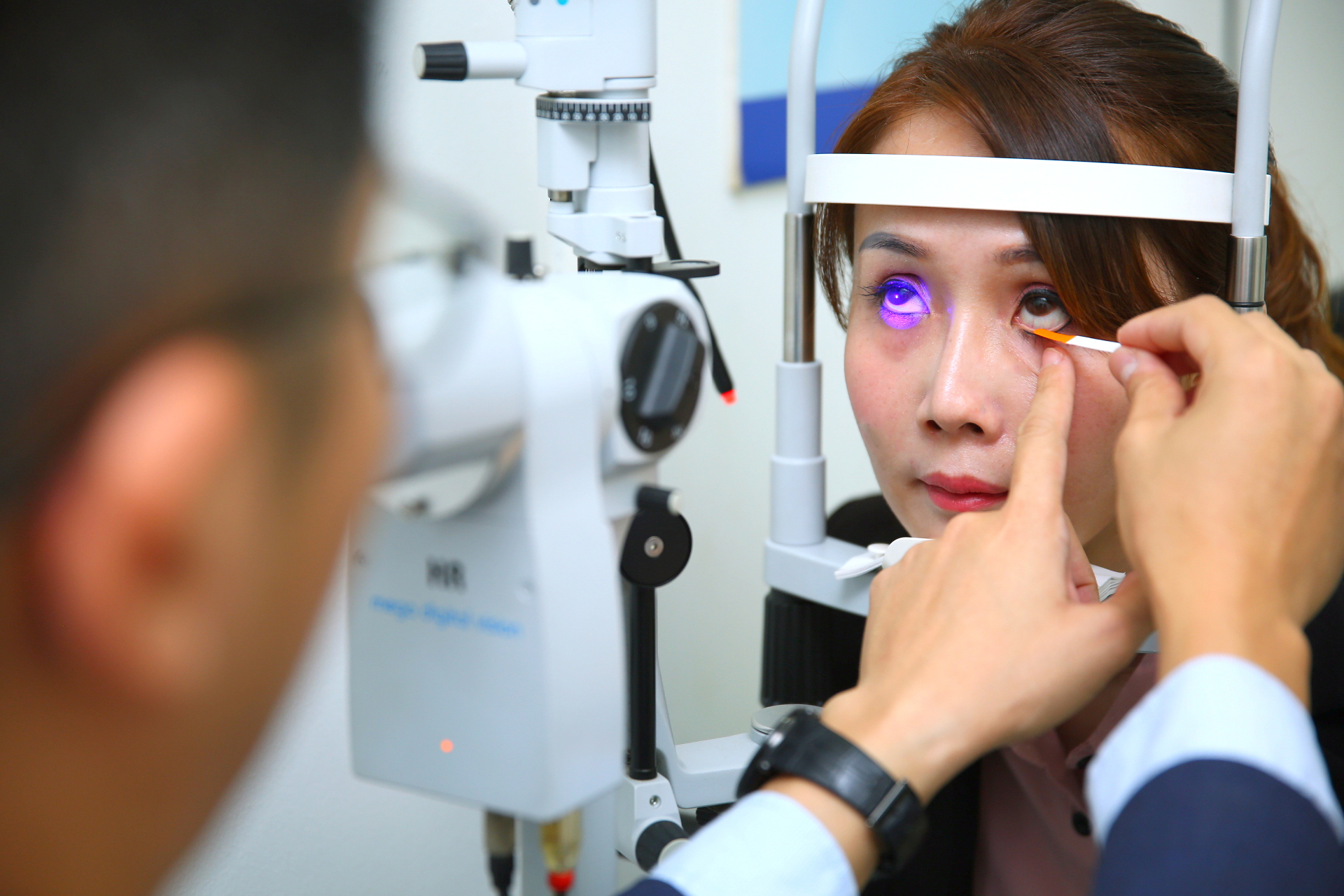Importance of Cornea Health
Apart from our lens, the cornea enhances our eyes ability to bend light for clear vision, and ensures that light reaches the retina with pristine clarity, minimizing any distortion or loss in quality and it also The cornea serves as a guardian of the eye’s inner workings. Another less known fact about our cornea is that it also filters a certain UV light. Any damage or disease affecting the cornea can lead to blurred vision or, in severe cases, blindness. Hence, understanding cornea health is essential for early detection and treatment of corneal conditions.
Common Corneal Conditions
- Keratitis: Inflammation of the cornea, often caused by infection.
- Corneal Ulcer: An open sore on the cornea, usually resulting from infection.
- Dry Eye Syndrome: A condition where the eyes do not produce enough tears, leading to inflammation and damage.
- Keratoconus: A degenerative disorder causing the cornea to thin and bulge into a cone-like shape, distorting vision.
- Pterygium: The growth of a non-cancerous, triangular-shaped tissue on the conjunctiva. This growth often extends onto the cornea, affecting vision and causing discomfort.
- Fuchs’ Dystrophy: A slow-progressing condition affecting the innermost layer of the cornea, leading to vision impairment.
Preventive Measures
Maintaining cornea health involves regular eye examinations, wearing protective eyewear which includes sunglass when outdoors, and practicing good hygiene, especially for contact lens wearers. Additionally, using non preservative artificial tears regularly and managing underlying health conditions, such as diabetes or autoimmune disease, can prevent or reduce corneal complications.
Advanced Treatments
Advancements in medical science have introduced various treatments for corneal diseases, including:
- Antibiotic Eye Drops: For bacterial infections.
- Corneal Transplantation: Replacing damaged cornea with healthy donor tissue.
- Laser Eye Surgery: To correct vision and treat specific corneal conditions.
- Artificial Corneas: For cases where traditional transplantation is not viable.


